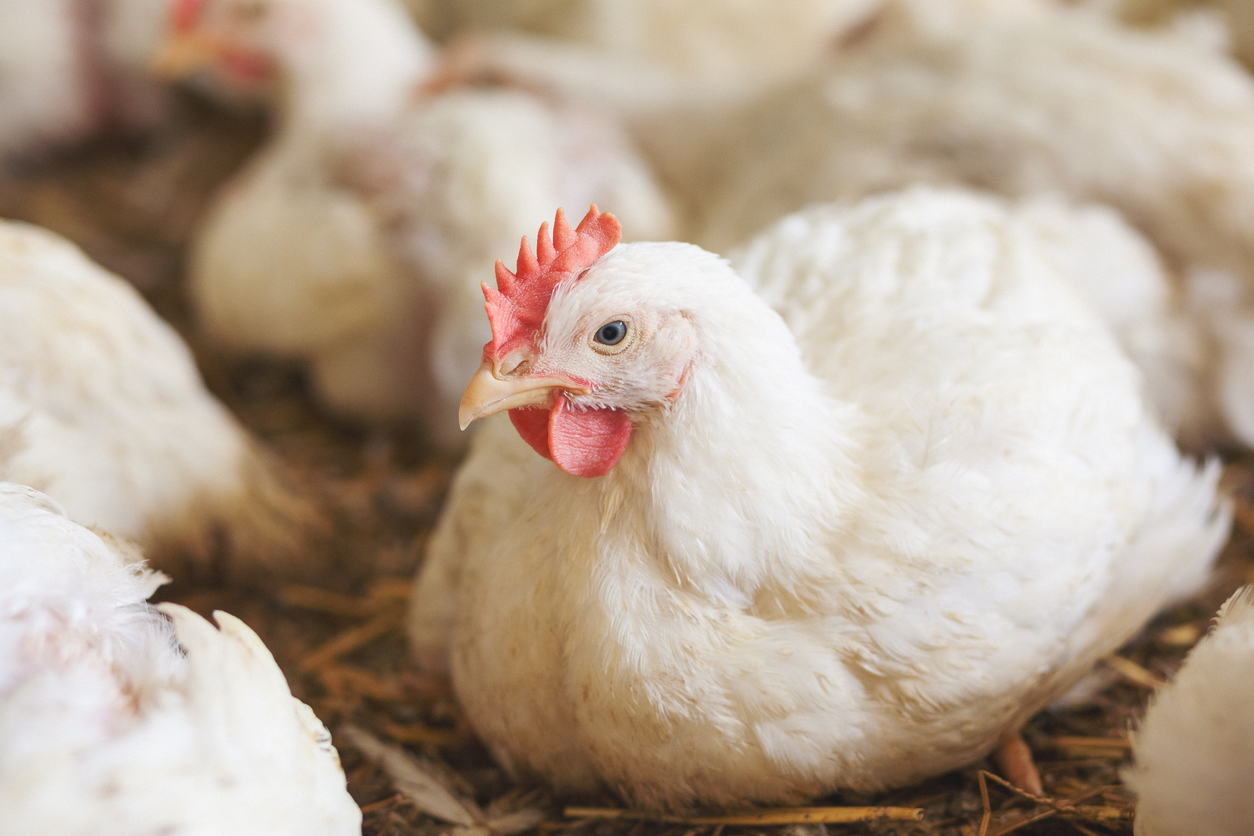Gene editing bill introduced to parliament in hope of boosting food security

The UK Government is taking the first step toward new legislation on gene editing today (25.05.2022) by introducing the Genetic Technology (Precision Breeding) Bill to the House of Lords.
Proposed new legislation would relax regulations for gene edited foods on the UK market, thereby moving the country away from strict EU regulation the country still has to adhere to.
The EU’s rules consider gene editing and genetic modification to be same thing and thus make it very difficult for any food produced using these processes to be approved for market.
However, it is generally agreed upon by scientists that gene editing is a much less invasive technology. This is because gene editing works to change traits already present within an organism, rather than introducing new DNA, as would be the case with genetic modification.
Supporters of the process consider it to be something more akin to speeding up the selective breeding process, which has been in use by farmers for thousands of years to produce animals and crops with the most desirable traits.
This is reflected in the proposed law, which states only gene edited crops with traits that could also be produced using traditional plant breeding methods will be allowed for public consumption.
The Advisory Committee on Releases to the Environment (ACRE) will likely be the ones to decide which products meet these criteria, though it is unknown how this process could work.
Government has confirmed it will be taking a step-by-step approach by only creating legislation for plants first. No changes will be made to the regulation for animal gene editing until a regulatory system is developed to safeguard animal welfare, according to a Government statement.
The benefits of allowing gene edited crops into the UK food system are expected to be wide-ranging. The Government believes such technology could be used to develop more weather-resistant species, higher-yielding plants and crops that require a minimal use of pesticides.
“Substantial environmental, health and food security benefits can come from use of genetic technologies to precisely mimic breeding and improve our crops,” said Defra Chief Scientific Adviser Gideon Henderson.
Already, there is considerable work going on in the field of gene editing. Professor Cathie Martin spoke with Food Matters Live about her work in creating a crop of vitamin D-rich tomatoes using gene editing.
If these tomatoes make it to the shelves, they could go some way to ameliorating the endemic problem of vitamin D deficiency in the UK.
Exactly what kind length of time consumers could expect to wait before such products are seen in supermarkets is unknown. Environment Minister George Eustice has previously stated gene edited produce could be available by next year.
However Henderson has been somewhat more conservative in his estimates, telling New Scientist: “In the next four or five years, I would anticipate seeing a slew of potential new products arriving.”
One thing the bill currently doesn’t address is labelling. There are no plans to require retailers to make it known which products are gene-edited and which aren’t.
This is likely to be a problem further down the line, because Defra’s own research into the topic of gene editing shows an overwhelming majority of the public does not support the introduction of new legislation on gene editing.
Likewise, because the legislation introduced by the bill will only apply to England, this could produce problems when selling produce in Scotland, Wales and Northern Ireland – particularly the latter as some EU food and trade rules still apply there.
Opinion on gene editing – as with the wider topic of genetic modification – is divided.
James Hutton Institute Director of Science Lesley Torrance said: “These crops are urgently needed to address future food security which is threatened by climate change and pests, and to help reduce the emissions of greenhouse gases from agriculture whilst maintaining crop yields.“
However environmental groups are sceptical. Kierra Box, campaigner with Friends of the Earth UK and GM Freeze Board Member told The Guardian: “Gene editing is genetic modification by a different name.
“It still focuses on altering the genetic code of plants and animals to deal with the problems caused by poor soils, the over-use of pesticides and intensive farming.”
Now that the bill has been formally introduced to the House of Lords, it will make its way through different readings before being introduced to the Commons, amended and then if successful, receive Royal Assent into law.








